National car insurance premiums are at an all-time high – up 20% since 2011, according to a report released Feb. 6 by The Zebra, which bills itself as “the nation’s leading auto insurance search engine.
Austin, Texas-based The Zebra’s annual State of Auto Insurance Report, which explores insurance pricing trends over time and by individual insurance rating factor, shows extreme pricing volatility in recent years and raises questions about how the insurance industry is reacting to changes in weather, legislation, technology, and driver behavior.
“Insurance companies leverage thousands of data points to determine car insurance rates – things like your age, driving record, and even your credit score. Today, we’re also seeing extraordinary forces like overnight tech innovation and devastating natural disasters impacting rates,” says Adam Lyons, Founder & Executive Chairman at The Zebra. “Our independent research seeks to uncover the trends and forces behind these rate hikes and to help the 250 million drivers in the U.S. make informed insurance decisions about their own coverage.”
The State of Auto Insurance in 2018: Expensive, Volatile, and Inconclusive about Tech
The Zebra’s annual report examines more than 52 million auto insurance rates across all U.S. zip codes to provide insight into the many factors insurance companies use to price insurance – and why that pricing is unique to every individual. Key findings reveal that the state of auto insurance in 2018 is:
Expensive:
- Car insurance rates in the U.S. are higher than they’ve ever been, with a national average annual premium of $1,427 – a 20% increase over 2011.
- Some U.S. cities have an average annual premium of more than $6,000.
- Most expensive states for car insurance: Michigan, Louisiana & Kentucky
- Most expensive cities for car insurance: Detroit, New Orleans, Hialeah, Fla.
Volatile:
- Car insurance rates in some states increased more than 60% over 2011 while others increased as little as 1%.
- Meanwhile, 10 states had a net rate decrease, some by as much as 20%.
- Rate changes from one year to the next were as high as 9% nationally and up to 45% in some states.

Inconclusive about Technology:
- Insurance companies are penalizing distracted driving use for the first time since the advent of cell phones, though still not nearly as harshly as for other dangerous traffic violations, such as drunk driving.
- Vehicles with advanced anti-theft and safety technology may be proven to reduce theft and collisions, but insurance companies offer few, if any, discounts for having these features in your car.
Other findings in the report
- Most and least expensive vehicle makes and models to insure
- How age, gender, credit, marital status, occupation, and other personal characteristics affect insurance rates
- How much a ticket for speeding, texting while driving, DUI, and other violations would raise your insurance rates where you live
- Research-based tips for saving on car insurance
See the 2018 State of Auto Insurance Report to explore all rating factors and premiums by state.
About The Zebra: The Zebra is the nation’s leading auto insurance search engine. With its dynamic, real-time quote comparison tool, drivers can identify insurance companies with the coverage, service level, and pricing to suit their unique needs. The Zebra compares more than 200 car insurance companies and provides licensed agent support and educational resources to ensure drivers are equipped to make the most informed decisions about their policies.







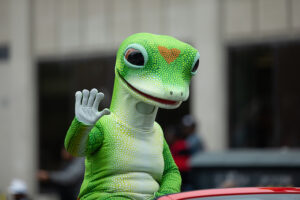
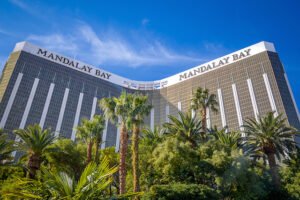
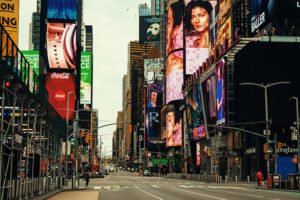
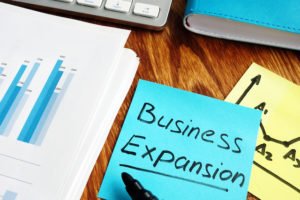
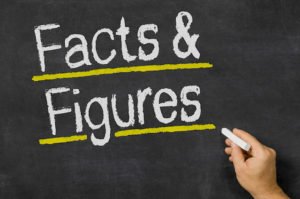


Explains my last renewal. :yes:
Pardon my criticism, but don't global auto insurance rates rise every year? Seems to me this is like saying today is the oldest I have ever been.
Good point.
"In other news, the sun is expected to set in the West tonight…"
Should have led with something like national average annual premium or the volatility and extreme differences in rates between states. Live & learn :confused:
Soooo…someone conducted a study to come to this conclusion???
I'll study anything you want if you pay me enough.
No, the shocker is that someone PAID to have the study done. I guess they needed some more clickbait for their ads.